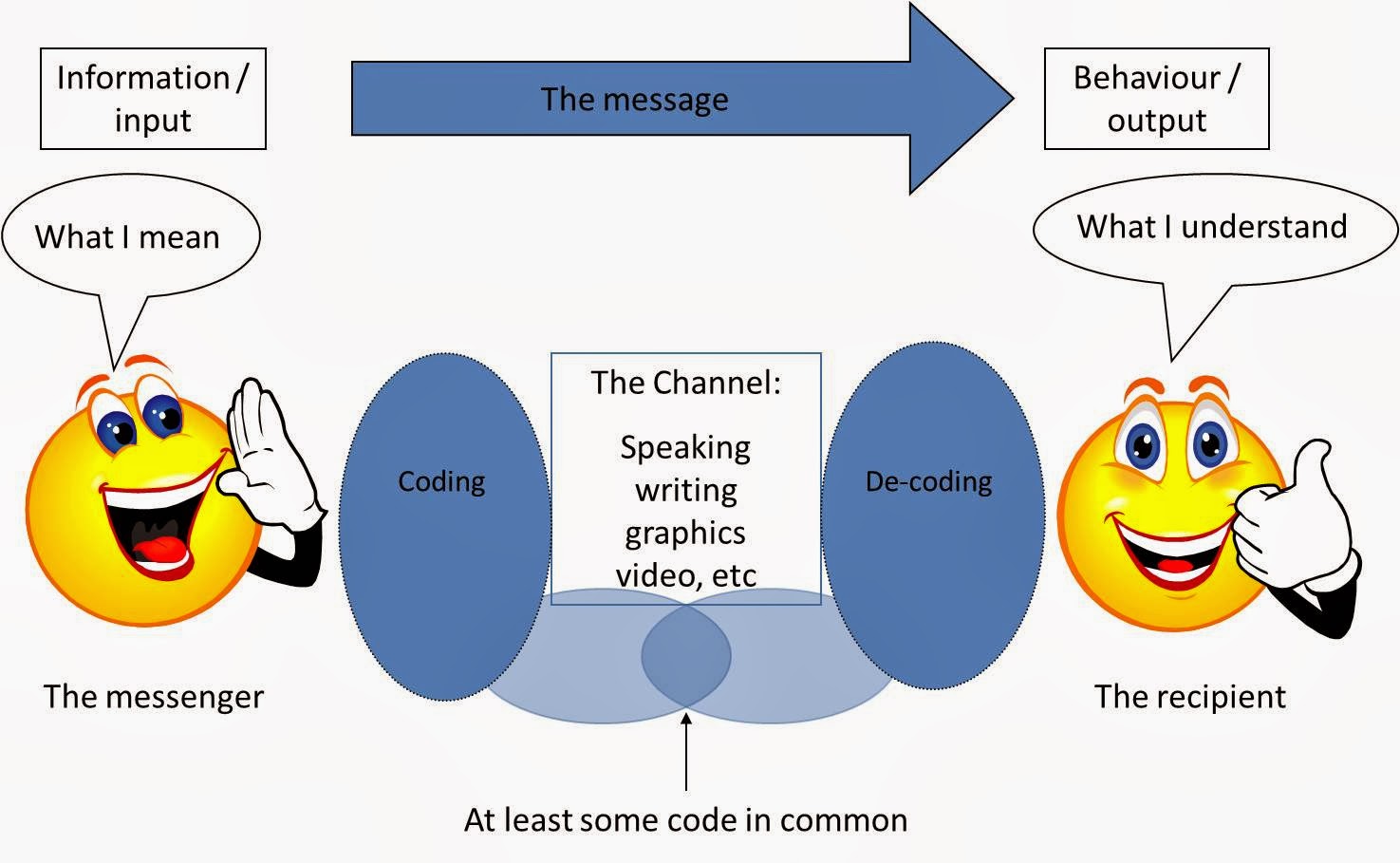Key Differences between Information and Knowledge
|
Aspect |
Information |
Knowledge |
|
Definition |
Data processed to be useful;
provides answers to "who", "what", "where", and
"when" questions. |
Information combined with
experience, context, interpretation, and reflection. It is a more subjective
understanding and is about knowing how to apply information. |
|
Nature |
More objective and can be
quantified and measured. |
More subjective, often based on
experiences, beliefs, and personal values. |
|
Transfer |
Easily transferable and can be
documented. |
Transfer requires learning and
personal experience. Not easily documented. |
|
Form |
Usually, in data, facts, and organized
information. |
Skills, ideas, understandings,
and know-how. |
|
Dependence |
Independent of the human mind.
Can exist in books, databases, etc. |
Dependent on human cognition
and awareness. It's internal to individuals. |
|
Stability |
Relatively static. Doesn’t
change unless updated. |
Dynamic and continuously
evolving with new experiences and insights. |
|
Application |
Often used for operational
purposes, such as data analysis. |
Used for decision-making and
problem-solving. |
|
Source |
Often derived from data and
statistics. |
Derived from individual
experiences, insights, and internalization. |
|
Acquisition |
Acquired through collection or
dissemination. |
Acquired through learning and
understanding. |
|
Representation |
Can be represented in
documents, databases, spreadsheets. |
Often tacit, residing in the
minds of people; can be represented through skills and competencies. |
|
Scope |
Generally universal and can be
commonly agreed upon. |
Personal and contextual; can
vary from person to person. |
|
Verification |
Can be verified or validated
through cross-checking. |
Often requires personal
judgment and context for validation. |
|
Dependency |
Can be useful on its own. |
Requires information as a
foundation but goes beyond it through insights and understanding. |
|
Measurement |
Can be easily measured (e.g., the
number of books and articles). |
Difficult to measure directly;
often inferred through actions and outcomes. |
|
Sharing |
Shared through communication
and information systems. |
Shared through interactions,
conversations, and shared experiences. |
|
Value in Decision Making |
Provides a basis for
understanding situations. |
Enables informed and effective
decisions based on understanding. |
|
Evolution |
Changes primarily when new data
is added or updated. |
Evolves with personal growth,
experiences, and changing perspectives. |
|
Example |
A book containing
historical dates. |
Understanding why
certain historical events occurred based on those dates. |



Comments
Post a Comment